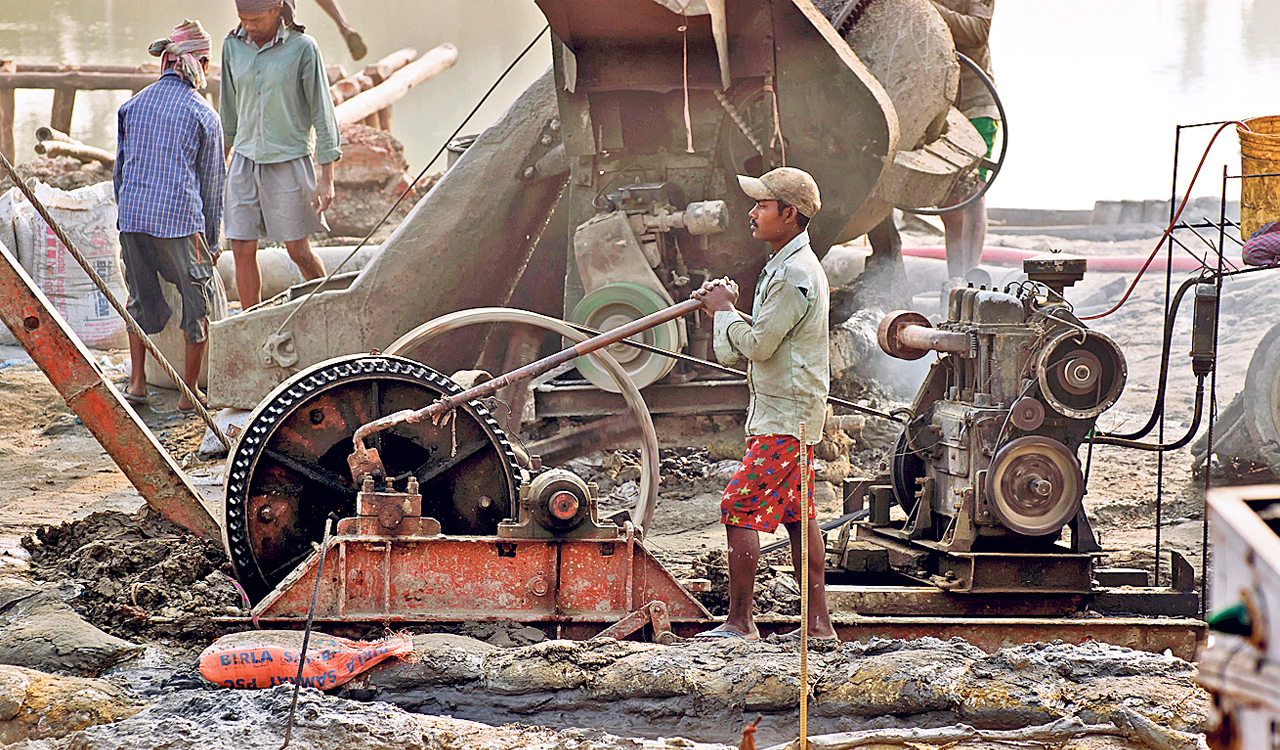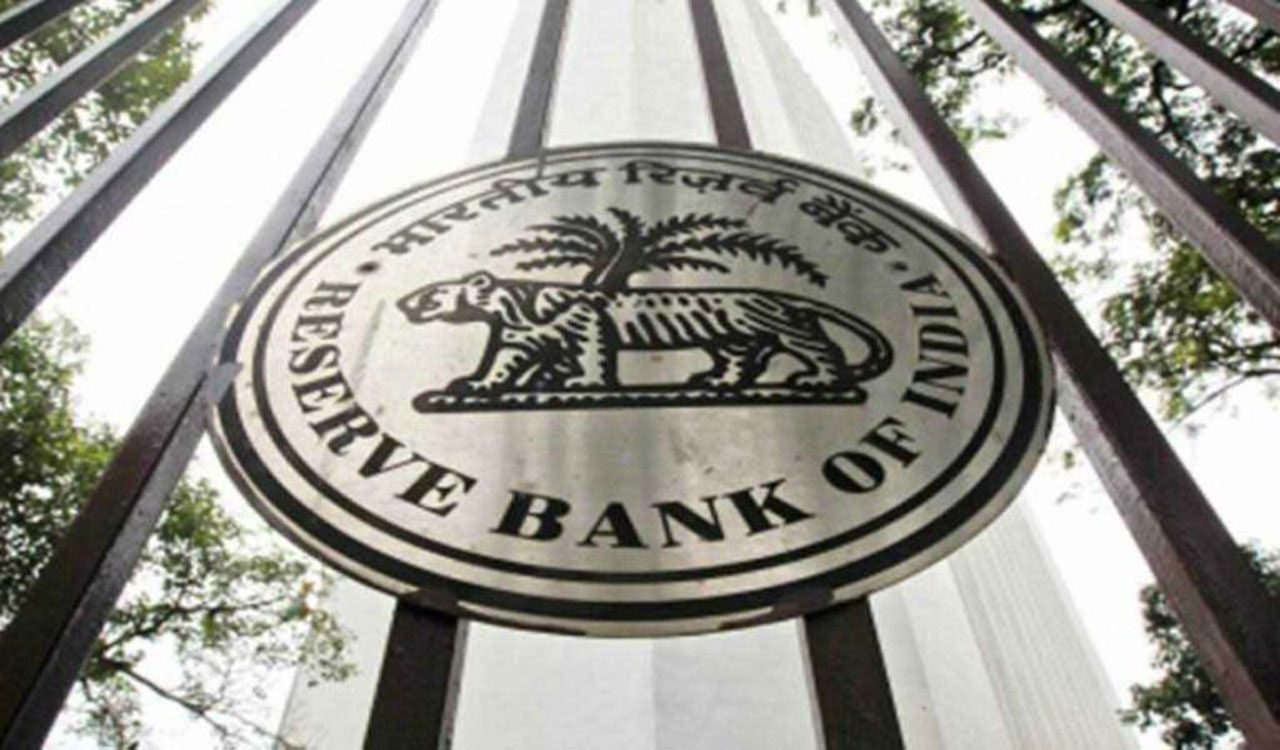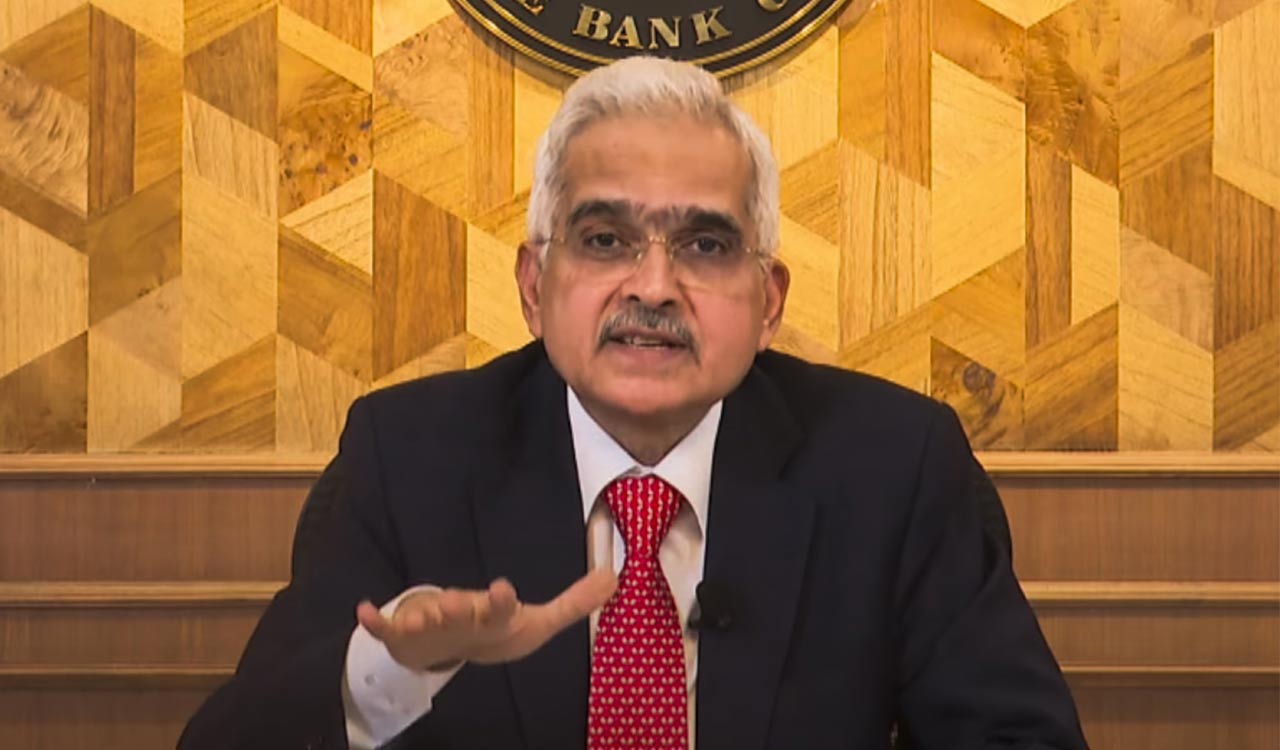Opinion: Realising a developed India
While it is important that technology should advance, it should not overly favour automation
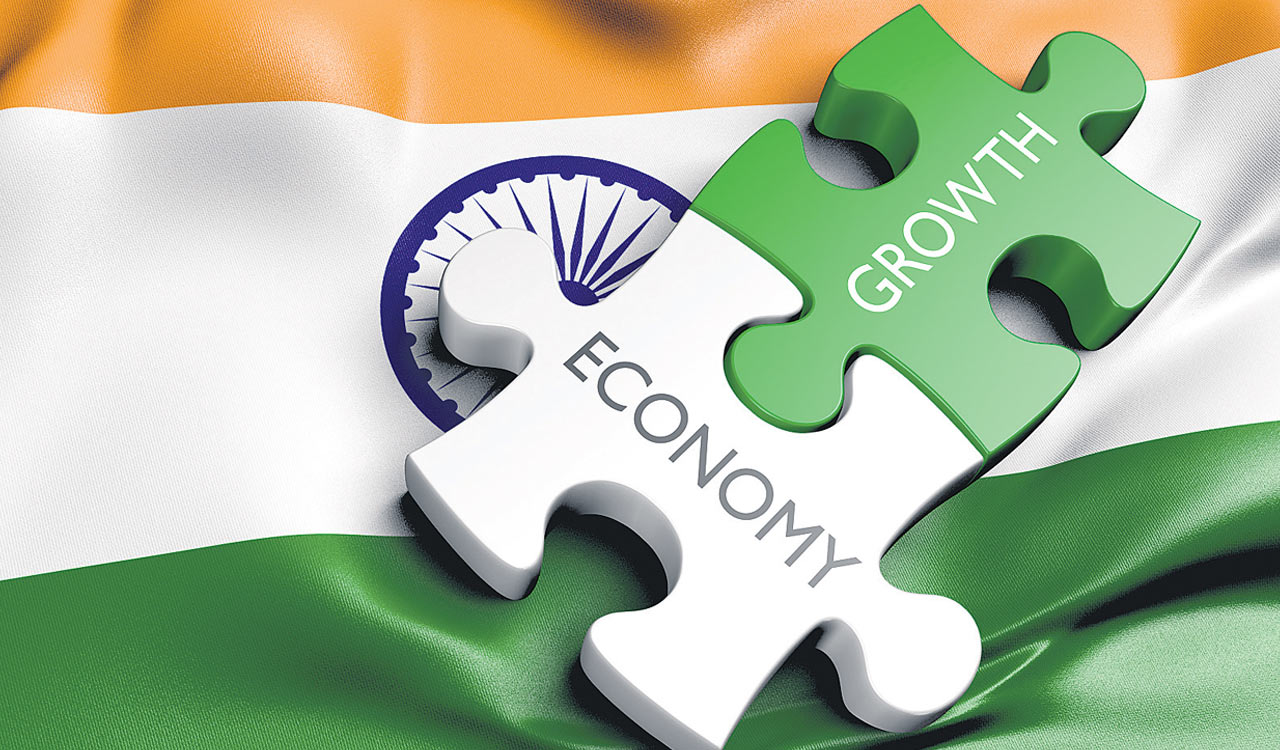
By Tej Singh Kardam
The health of any complex system, whether the human body or a nation’s economy, cannot be determined by its size. What matters is the shape it is in. GDP growth has become the dominant measure of the health of all economies. Gross Domestic Product is the total market value of goods and services produced by a country’s economy during a specified period of time, including all final goods and services.
India is going to become a developed country within a decade or so as our rising GDP trends show. However, certain impediments need to be addressed to realise a developed India.
Inequality
Economist Jayan Jose Thomas said a lacklustre record of India’s development strategy in the early decades after independence was not on account of the government doing too much in the area of technology building, but because the government couldn’t intervene effectively to ensure social development. Independent India did not implement a successful programme of land reform.
Ownership of assets continues to be very low among the socially backward communities, putting them at a disadvantage as this is creating hurdles in acquiring education. Also, the country is underinvested in basic education for the masses. This consequently results in inequalities in the social spheres with better-paying jobs going more to the social groups who have had greater access to higher education.
Economic Growth
The persistence of inequalities has negatively impacted industrial and economic growth in India. Domestic demand has been lopsided, coming as it does largely from the upper-income classes of the population. This has slowed down the growth of manufacturing of high-quality, mass-consumption goods. In contrast, East Asian countries like Japan and China, which by the 1950s itself initiated land reforms and other measures creating a relatively egalitarian social structure, which formed the basis for progressive economic and social changes in the later years.
The employment challenge can no longer be met only through higher GDP growth, it has to align with the well-being of the whole society
After independence, in the early decades, India’s efforts in building IITs, IIMs, and establishing industrial production like steel, fertilizer and drugs with state support was the right decision. The country should reinstate such efforts to stand a chance in fast-growing economic fields.
Unaccounted Ecosystem Services
The real economy of a nation includes its natural capital assets — all the invaluable gifts from nature that we don’t have to produce. These assets offer crucial ecosystem services, such as climate regulation, water supply, storm protection, and recreational spaces. These resources are estimated to contribute far more to human well-being than a nation’s GDP. However, we often overlook their value and allow these natural assets to become severely depleted, putting both the environment and long-term human prosperity at risk.
Uneconomic Growth
We are in a state of uneconomic growth. Ecological economist Herman Daly is of the view that the country is increasing production at the expense of resources and well-being. The decline in well-being associated with extended economic growth as a result of social and environmental sacrifices made necessary by growing encroachment on the ecosystem is uneconomic and detrimental in the long term.
Unemployment
Being developed is not enough, wealth must be distributed equitably. The organised sector is hugely mechanised and automated and generates only limited number of jobs. As a result, 94% of the labour force works in the unorganised sector, mostly for low wages. On eShram portal, 30 crore registered for employment in November 2023 and about 1.2 crore are new entrants every year. The growth of the organised sector at the expense of the unorganised sector results in rising unemployment.
Jobless growth
The country’s GDP is increasing, but the employment growth rate isn’t. This means we are having jobless growth. The employment challenge can no longer be met only through higher GDP growth, it has to be in consonance with the well-being of the whole society.
According to the First Deputy Managing Director of the International Monetary Fund, Gita Gopinath, to make India the third largest economy by 2027, there is a need to create 148 million jobs by 2030, revamp higher education and improve skills of the workforce. She emphasised the need to undertake land reforms, improve the ease of doing business and the regulatory environment, implement labour code, etc in addition to identifying key thrust areas.
According to the IMF, the GDP of the US and China is in the range of $20-$30 trillion, accounting for half of the world’s GDP. The GDP of Germany is around $6 trillion and that of Japan is over $4 trillion. India’s GDP is nearing $4 trillion. But India is the fastest growing economy in the world having an overall growth rate of 7% and is on track to surpass Japan in the next few years, becoming the third-largest economy. It is crucial for India to sustain this growth momentum so that its per capita income reaches on a par with advanced countries.
India needs to revamp industrial growth and increase manufacturing, with state support like the US and China. This will help reduce the unemployment problem to a larger extent. Increasing exports and reducing imports, while reducing import tariffs will help it become a player in the global supply chain. Education, especially higher education, should be made accessible to all. Employment opportunities must be provided based on qualifications. India currently has a skill mismatch in the workforce and needs workers with higher skill levels and improved educational attainment. Land reforms are cruicial for reducing social inequalities and ensuring women’s safety.
One of the most important aspects the government should look into is to protect and conserve our natural assets. While advancement in technology is essential, it should not be tilting the ground to favour automation. Instead, we must focus on building safety nets and social security for our workforce.
To become a developed nation, India needs to have economic growth that improves the living standards for all, with a fair thought that a developed nation is one which provides everyone with basic needs and a life of dignity.
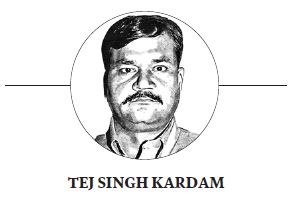
(The author is a retired IFS officer)
Related News
-
Christopher Nolan’s next project is based on Greek epic ‘The Odyssey’
16 mins ago -
Hyderabad may receive light showers in the middle of winter, forecasts IMD
18 mins ago -
UK PM says festival is reminder of what’s really important, such as family, friendship, fellowship
30 mins ago -
Hyderabad’s ICBM-School of Business Excellence celebrates 17th Convocation Ceremony
33 mins ago -
Kareena, Manoj Bajpayee remember Shyam Benegal’s film ‘Zubeidaa’ featuring Karisma
33 mins ago -
Hyderabad real estate stumbles; Property sales drop by 7% YoY
38 mins ago -
Bhumi Pednekar hunts for ‘ultimate’ chole bhature in Delhi
54 mins ago -
Relief to KCR, Harish Rao as Telangana HC suspends notices issued by lower court in Medigadda petition
57 mins ago

